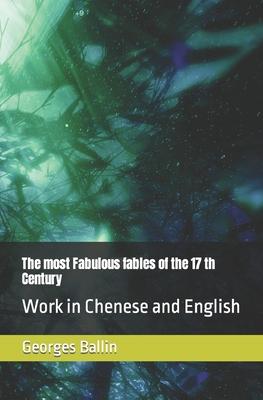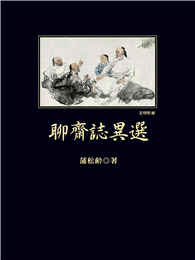对于二战前在法国长大的孩子来说,
记住 17 世纪诗人让-德拉封丹 (Jean de La Fontaine) 的寓言是一种常见的仪式,就像每天吃面包和苦巧克力一样,把公告放在树下供圣诞老人阅读,或者放在圣诞树上。
寻找耶稣埋在我们蛋糕里的白色小瓷器
主显节在新年的第六天。
同学或老师的表扬是否冲昏了我们的头脑?狐狸和乌鸦的寓言就此诞生:狐狸渴望吃乌鸦嘴里的奶酪,他试图证明乌鸦的歌声和它的羽毛一样耀眼ramage,以此来讨好乌鸦,并在乌鸦啄食时获得了美味的奖品。乌鸦张开嘴唱歌。
我们是否对自己和他人的外表过于自信?拉封丹针对这一弱点提出了许多解药,其中之一是他的《狮子与蚊虫》的故事:百兽之王傲慢地向一只不起眼的昆虫宣战,很快就被小蚊子的毒刺击败并屠杀。
我不知道这些警示故事是否让我们变得更明智,但它们可能会降低我们的自尊心,同时也给我们带来一剂振奋人心的乐观情绪。因为拉封丹为我们提供了一个乌托邦,在这个乌托邦中,小事常常胜过大事,慢事可以胜过快事,默默无闻的人很容易战胜臭名昭著的人。
| FindBook |
有 1 項符合
The most Fabulous fables of the 17 th Century: Work in Chenese and English的圖書 |
 |
The most Fabulous fables of the 17 th Century: Work in Chenese and English 作者:La Fontaine 出版社:Afnil ISBN 出版日期:2024-03-26 語言:英文 規格:平裝 / 288頁 / 20.32 x 13.34 x 1.52 cm / 普通級/ 初版 |
| 圖書館借閱 |
| 國家圖書館 | 全國圖書書目資訊網 | 國立公共資訊圖書館 | 電子書服務平台 | MetaCat 跨館整合查詢 |
| 臺北市立圖書館 | 新北市立圖書館 | 基隆市公共圖書館 | 桃園市立圖書館 | 新竹縣公共圖書館 |
| 苗栗縣立圖書館 | 臺中市立圖書館 | 彰化縣公共圖書館 | 南投縣文化局 | 雲林縣公共圖書館 |
| 嘉義縣圖書館 | 臺南市立圖書館 | 高雄市立圖書館 | 屏東縣公共圖書館 | 宜蘭縣公共圖書館 |
| 花蓮縣文化局 | 臺東縣文化處 |
|
|
圖書介紹 - 資料來源:博客來 評分:
圖書名稱:The most Fabulous fables of the 17 th Century: Work in Chenese and English
內容簡介
|










